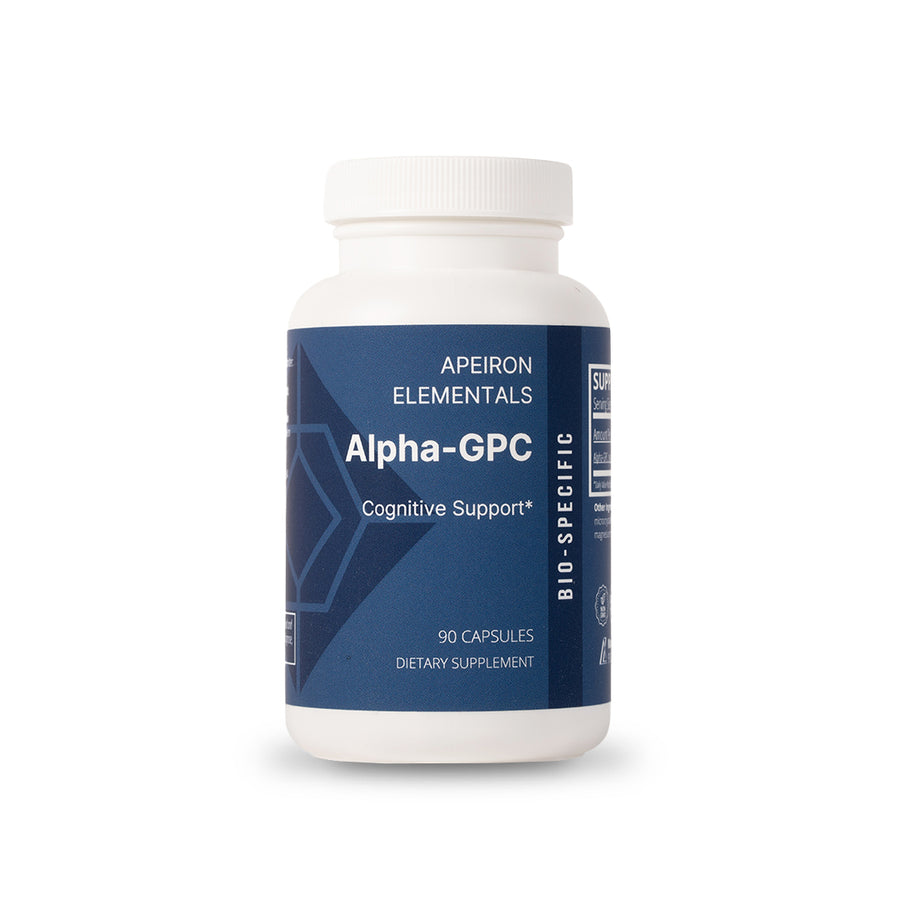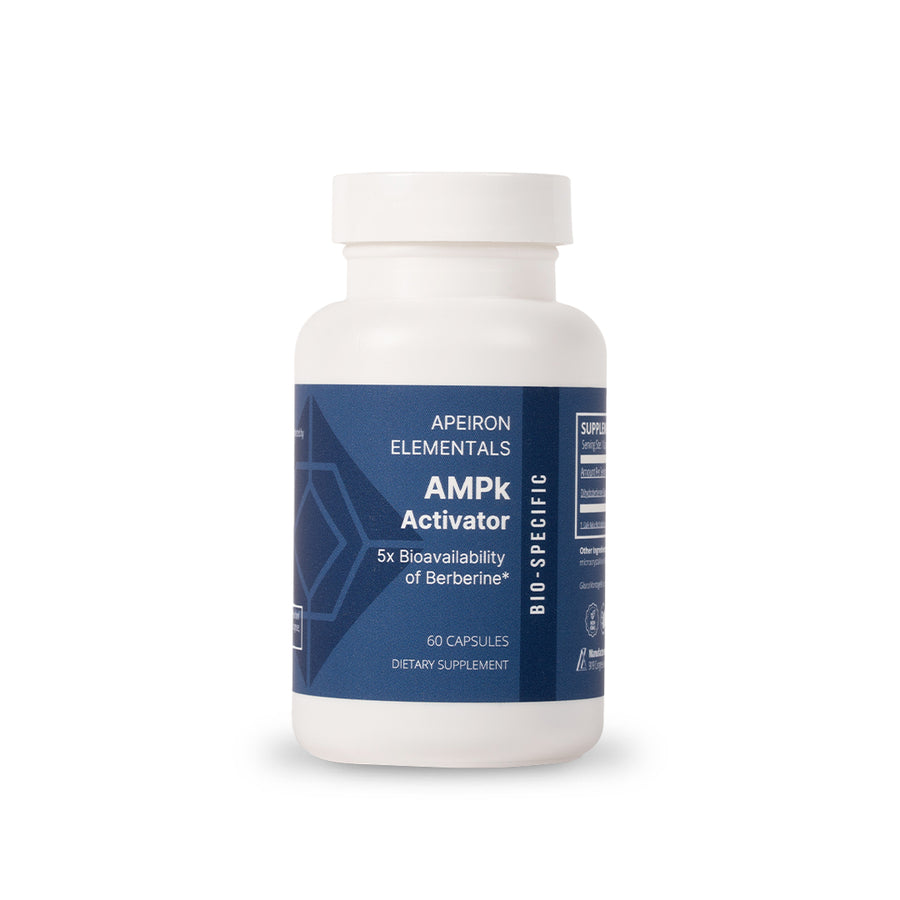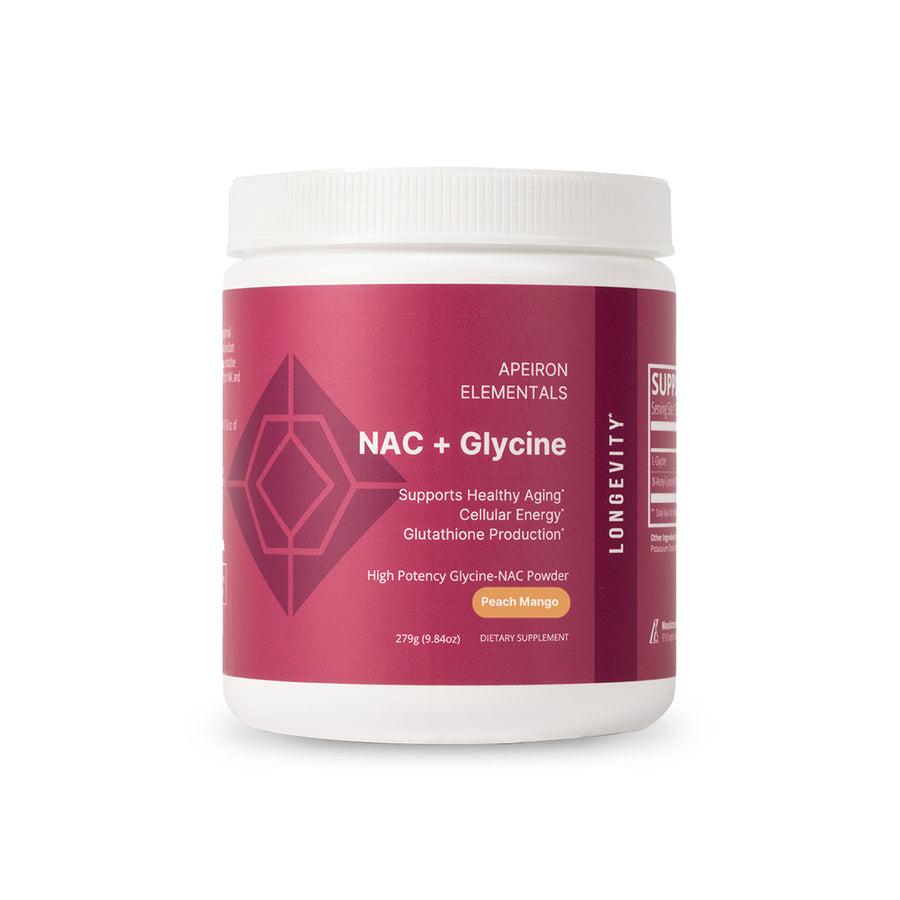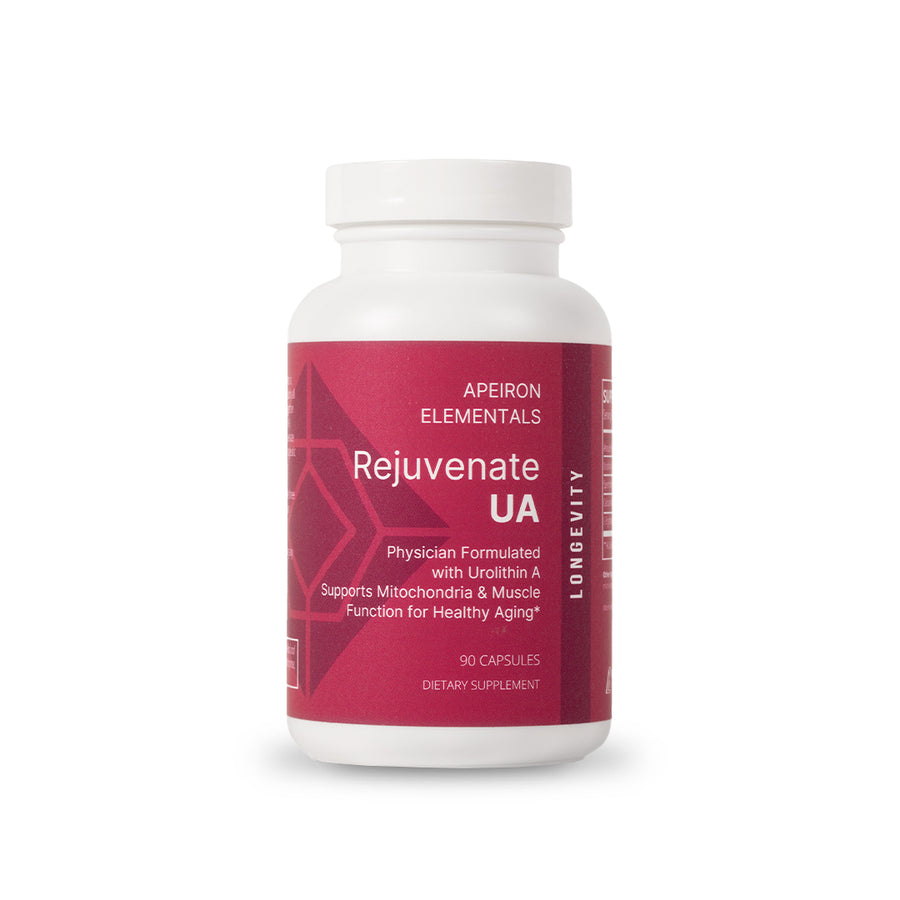

When people ask how to reduce biological age, they are often seeking ways to remain youthful and vital as they age. Biological age is not simply a reflection of how many years you have lived. Instead, it represents how efficiently your body functions compared to the average for your age group.
Unlike chronological age, biological age is responsive to change. With thoughtful lifestyle choices and natural interventions, it is possible to influence this process and even reverse certain age-related markers.
The science behind this is both accessible and compelling. Your cells tell a story shaped by factors such as telomere length, mitochondrial function, and levels of inflammation. Fortunately, that story is not predetermined and can evolve with the right inputs.
By changing your environment, habits, and inputs, you can write a new chapter that is marked by healthy aging and longevity.
How to Reduce Your Biological Age:
Move With Purpose, Not Just Intensity
Physical activity is often viewed in the context of fitness or weight control, but its most meaningful benefits lie at the cellular level. Movement enhances circulation, supports the removal of waste, and helps your mitochondria operate more effectively.
When activity becomes part of your daily rhythm, whether through walking, stretching, or more structured routines, it contributes to improved cellular function and a more youthful biological profile. It is not the intensity of exercise that matters most, but the consistency and variety. Disciplines such as qi gong, tai chi, swimming, resistance training, hiking, or dancing support a broad range of motion and promote healthy blood flow.
A study published in the Journal of Clinical Medicine in 2020 found that regular physical activity positively affected mitochondrial activity and helped alleviate symptoms of burnout and depression. This highlights the importance of consistent movement in maintaining cellular health and overall well-being.
Choose Food That Supports Vitality
Every meal is an opportunity to support your cells or place additional strain on them. Highly processed foods, excess sugar, and fried ingredients promote oxidative stress and accelerate the aging process. In contrast, whole foods rich in nutrients provide the body with antioxidants, fiber, healthy fats, and phytonutrients that protect and restore cellular health.
Dark leafy greens, wild-caught fish, berries, fermented vegetables, and healthy oils such as olive or avocado can help reduce inflammation and support DNA repair. These foods promote a biological environment more closely associated with youth and resilience.
Intermittent fasting or time-restricted eating (eating within a shorter window during the day) can also influence how genes associated with longevity behave.
Eating habits are just as impactful as your food choice. Avoiding late-night eating, chewing thoroughly, and staying hydrated all contribute to better digestion, improved sleep, and reduced internal stress. Every small upgrade in your eating pattern gives your body a chance to repair and thrive.
Support Detox Pathways Daily
Your body is constantly working to filter and eliminate toxins that originate from both internal processes and environmental exposures. Over time, however, these detoxification systems can lose efficiency.
You can support organs such as the liver, kidneys, lymphatic system, and skin through daily practices that encourage natural elimination. Drinking sufficient water, incorporating fiber-rich foods, and engaging in gentle methods like dry brushing or sauna use can be beneficial.
Additionally, time spent in nature and practices that promote deep breathing can reduce cortisol levels and support the body’s natural ability to heal and recover. These methods do not offer immediate results but help create the internal balance necessary for sustained renewal and long-term health.
Reduce Free Radicals Before They Take Their Toll
One of the most overlooked causes of premature aging lies in oxidative stress. Free radicals (unstable molecules produced by things like pollution, poor diet, UV exposure, and stress) damage healthy cells and accelerate signs of aging from the inside out.
Learning how to reduce free radicals is an important part of staying biologically young. This starts by limiting exposure to sources of oxidative stress: avoid smoking, use clean skincare products, and be mindful of alcohol and processed food intake.
Next, introduce antioxidants through both food and supplements. Nutrients like vitamin C, vitamin E, selenium, spermidine, L-ergothioneine, NAC or glutathione, and resveratrol help neutralize free radicals and support cellular protection.
Sleep plays a part here too, because your body repairs oxidative damage most efficiently during deep rest. Evening routines that calm your system (reading, warm baths, dim lighting) can amplify these effects over time.
Prioritize Deep, Restorative Sleep
Among the many habits that influence biological age, few are as impactful as the quality of your sleep. Poor sleep affects far more than energy levels or appearance. It disrupts hormone balance, weakens immune function, and accelerates cellular aging.
During restful sleep, your brain removes waste, your muscles recover, and your cells begin important repair processes. This quiet work forms the foundation of healthy aging.
Improving sleep means more than simply counting hours. Establishing a consistent evening routine helps signal the body that rest is approaching. Reduce screen exposure two hours before bed, darken the room with blackout curtains, and maintain a consistent bedtime each night. Keep your sleep environment calm and cool. A quiet, uncluttered space creates the right atmosphere for genuine rest and recovery.
Deep sleep is especially important. It is during this stage that your body releases growth hormone, which plays a key role in tissue repair. At the same time, the brain’s glymphatic system becomes active, clearing away waste that builds up during the day. These nighttime processes support lower inflammation, better insulin sensitivity, and sharper cognitive function.
Use Anti-Aging Supplements Backed by Research
There is a growing market for anti-aging products, but not all of them live up to the promise. Choosing high-quality anti-aging supplements can help fill nutritional gaps and support biological processes that slow with age.
Compounds such as NMN (Nicotinamide Mononucleotide), CoQ10, and Pterostilbene have shown potential in supporting mitochondrial health and DNA repair. In 2023, research published in Frontiers in Pharmacology showed that CoQ10 supplementation enhanced antioxidant activity and reduced inflammatory markers, indicating its potential in combating age-related oxidative damage. Others, including collagen peptides and hyaluronic acid, may promote healthier skin and joint flexibility.
Some of the most respected supplements for aging support are those that pair antioxidants with targeted nutrients. A complete strategy may include adaptogens to manage stress, omega-3s to support the brain, and vitamins D3 and K2 for cardiovascular and bone health.
When choosing supplements, rely on brands that are recommended by healthcare professionals, third-party tested, and free from artificial fillers. Thoughtful supplementation is not about following trends. It is about supporting the body’s natural rhythm of maintenance and repair.
Connect Deeply and Live with Purpose
There is a growing body of research that ties social connection and a strong sense of purpose to a younger biological age. People with deep relationships and a meaningful daily life tend to have lower rates of inflammation, better cognitive health, and greater resilience.
Regular connection, whether through friendship, spiritual practice, or community involvement, activates parts of the brain that release oxytocin. This hormone strengthens bonds and also helps regulate stress, inflammation, and heart health. These influences extend to measurable biological markers, including blood pressure, sleep quality, and immune system strength.
Living with purpose does not require major life changes or ambitious goals. It can be as simple as a creative project, regular caregiving, or engaging in a personal hobby. The key is to remain curious, involved, and open to connection. These elements create a sense of vitality that contributes to a longer, more meaningful life.
Harness the Power of Breath and Mindset
While breath might seem automatic and simple, its influence on biological age is profound. Intentional Although breathing is automatic, conscious breathwork can have a powerful impact on your biological age. Practices such as diaphragmatic breathing, alternate nostril breathing, or box breathing activate the parasympathetic nervous system and promote calm.
This gentle shift brings the body out of a reactive state, helping to regulate blood pressure, support deeper sleep, and lower overall stress levels. These benefits contribute to healthier cellular function and a more youthful biological profile.
Mindset also plays an important role in how we age. People who maintain optimism, express gratitude, and stay emotionally flexible often show signs of better cardiovascular health and stronger cognitive resilience. Research even links positive thinking to longer telomeres, which are key markers of aging.
The stories we repeat to ourselves influence how our bodies respond to everyday challenges. Thoughts are not just fleeting; they can shape biology.
Incorporating daily breathwork or mindfulness practices (even just five minutes in the morning) can set the tone for healthier aging. Pair that with regular moments of reflection, journaling, or gratitude exercises, and the brain begins to shift its chemistry in your favor.
This approach is not abstract or purely emotional. It creates real biological changes that help slow the aging process and promote long-term vitality.
How We Support You at Apeiron Elementals
Our mission here at Apeiron Elementals revolves around helping you feel your best. Not just for today, but for the long run. We offer physician-recommended supplements and innovative health tools created for those who value longevity, wellness, and performance.
Each product is crafted with your biology in mind, so you can pursue a longer, livelier and more fulfilling life naturally.
Our exclusive formulations are rooted in science and carefully selected to support cellular energy, stress resilience, and healthy detoxification. We know there is no one-size-fits-all approach to aging well. That’s why our offerings include both well-known essentials and unique combinations found only in our store.
From antioxidants that support a free-radical defense to advanced mitochondrial support, we attempt to give your body the resources it needs to regenerate.
As a trusted online destination for wellness, we focus on purity, quality, and results you can feel. Whether you are in search of basic vitamins or high-performance blends designed with cutting-edge science, we're here to help you move forward with confidence.
If you’re curious about how our products fit into your lifestyle or have questions about where to start, we would love to hear from you. Reach out to us anytime. We are here to support your journey.
-

- Neurologic Health & Memory*
- Overall Cognitive Performance*
- Growth Hormone Production*
1 (5.0)Alpha-GPC
SHOP NOW -

- Supports Healthy Blood Glucose Levels & Insulin Sensitivity*
- Helps Maintain Cellular Integrity in the Presence of Glycation Stress*
- Easier on the Gut when Compared to Berberine*
7 (4.9)AMPk Activator
SHOP NOW -
 New Flavor
New Flavor
New Flavor
New Flavor
- Youthful Aging Support*
- Healthy Mitochondrial Function*
- Oxidative Stress Support*
11 (5.0)NAC + Glycine Powder
SHOP NOW -

- Cellular Health*
- Reduces Oxidative Stress*
- Healthy Inflammatory and Neuroinflammatory Response*
12 (4.9)Rejuvenate UA w/ Urolithin A
SHOP NOW
The Elementals Blog
Evidence-based guides for optimal performance and healthy living.































